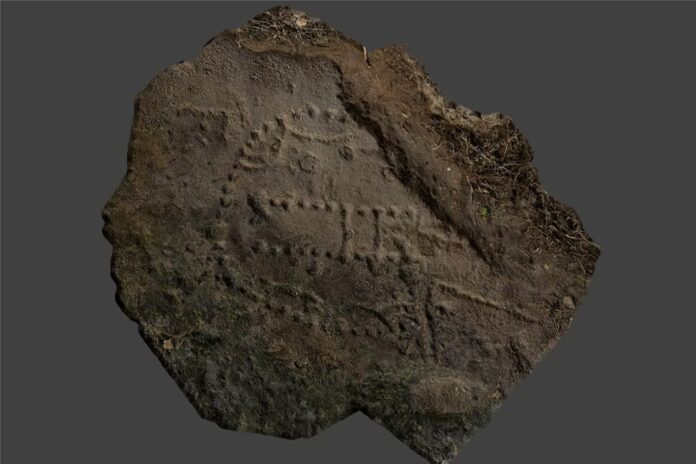Unearthing History: The Game of 58 Holes
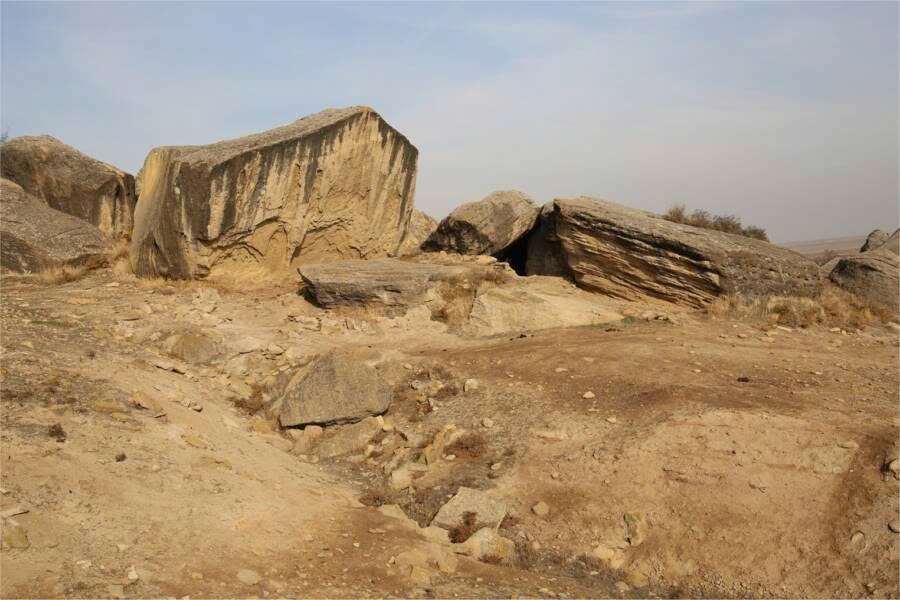
In a groundbreaking discovery, archaeologists have uncovered evidence that challenges long-held beliefs about the origins of one of the world’s oldest board games. The game, known as “Hounds and Jackals” or the “Game of 58 Holes,” may have roots far from the sands of Egypt, where it was long thought to have originated.
A Surprising Find on the Absheron Peninsula
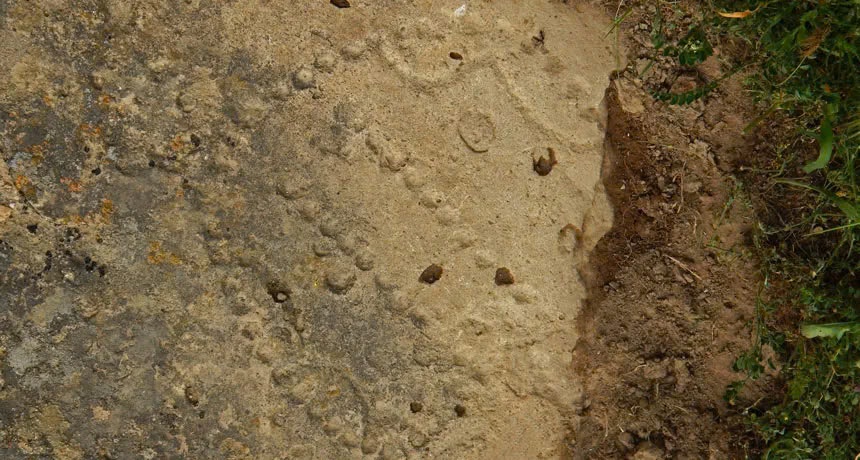
In 2018, researchers stumbled upon an ancient game board on Azerbaijan’s Absheron Peninsula. Little did they know that this discovery would rewrite the history of board games. A recent study published in the European Journal of Archaeology reveals that this board, found near the western shore of the Caspian Sea, could be the oldest known example of the Game of 58 Holes.
Tracing the Game’s Journey Through Time
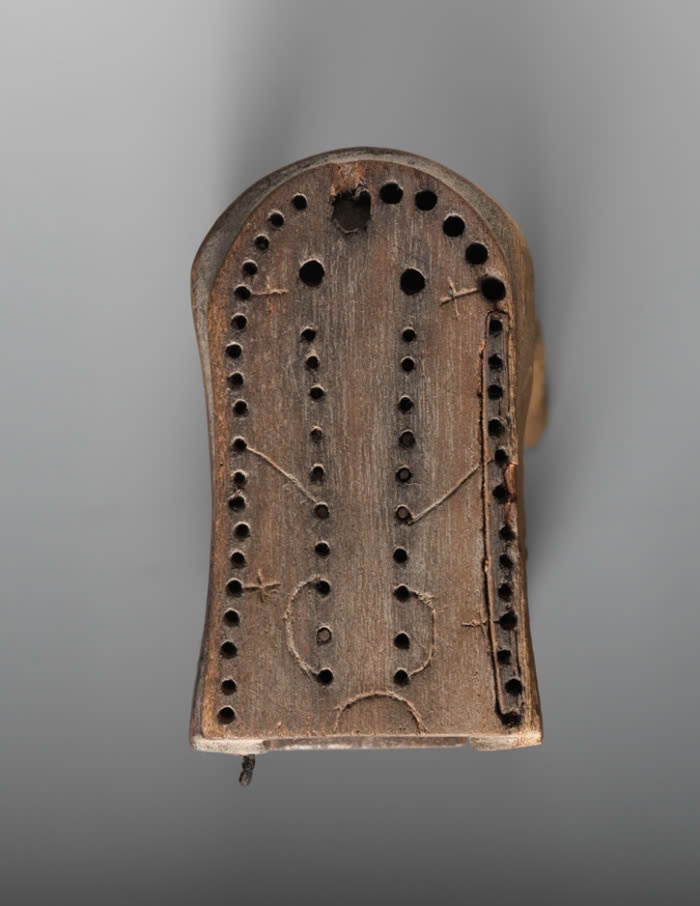
The Game of 58 Holes, named for its distinctive pattern of holes arranged in two parallel rows and an arc, has captivated players from the Bronze Age through the Iron Age. Previously, the earliest known board was found in Egypt, dating back to between 2064 and 1952 BCE. However, the Azerbaijan find pushes this timeline back significantly, suggesting an origin in the late third to early second millennium BCE.
Challenging Egyptian Primacy
A New Perspective on Ancient Cultural Exchange
Dr. Walter Crist and Rahman Abdullayev, the study’s authors, argue that the diversity and longevity of the game in southwestern Asia present “a stronger case for an origin further north than Egypt.” This revelation not only challenges our understanding of the game’s history but also sheds light on the complex cultural interactions of the ancient world.
Beyond Just a Game
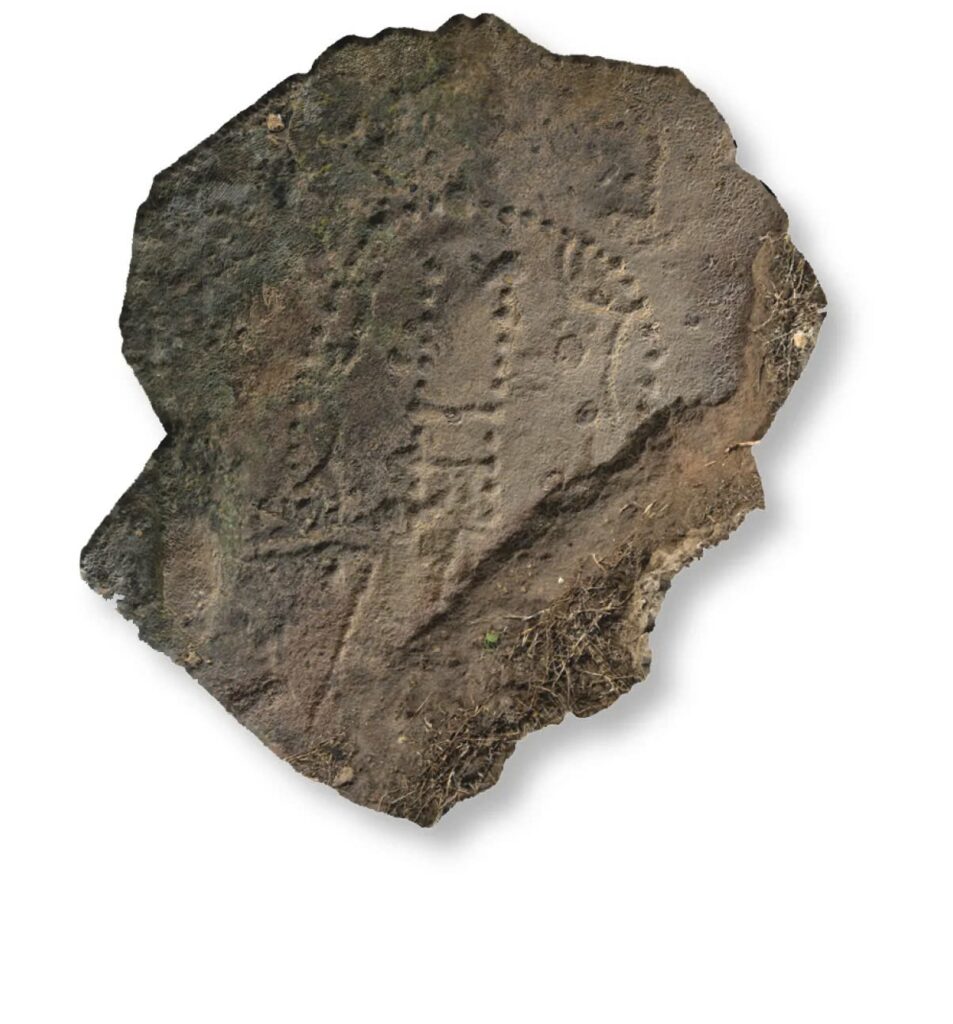
The discovery of multiple game boards across the Absheron Peninsula, including sites like Çapmalı, Ağdaşdüzü, and Dübəndi, suggests that the Game of 58 Holes was deeply integrated into daily life. Researchers speculate that it may have been a pastime for shepherds during winter months, highlighting its role in ancient pastoral communities.
Implications for Our Understanding of Ancient Cultures
A Window into Bronze Age Society
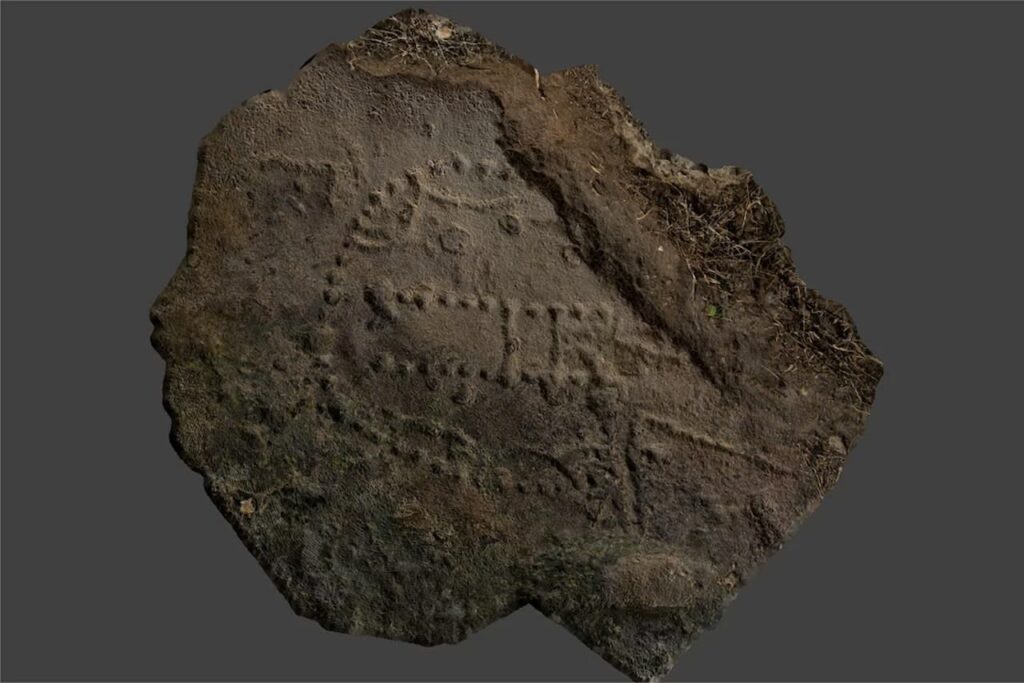
The presence of these game boards, alongside pottery fragments from various periods, paints a picture of a region that was far from isolated. Instead, the Absheron Peninsula appears to have been part of a vast cultural network, connecting the peoples of the Caucasus with civilizations in Mesopotamia and Egypt.
The Quest for Origins Continues
While this discovery suggests a southwestern Asian origin for the Game of 58 Holes, the researchers caution against jumping to conclusions. More evidence is needed before any single culture can be credited with the game’s invention. What’s clear, however, is that this ancient pastime played a significant role in connecting diverse cultures across a wide geographical area.
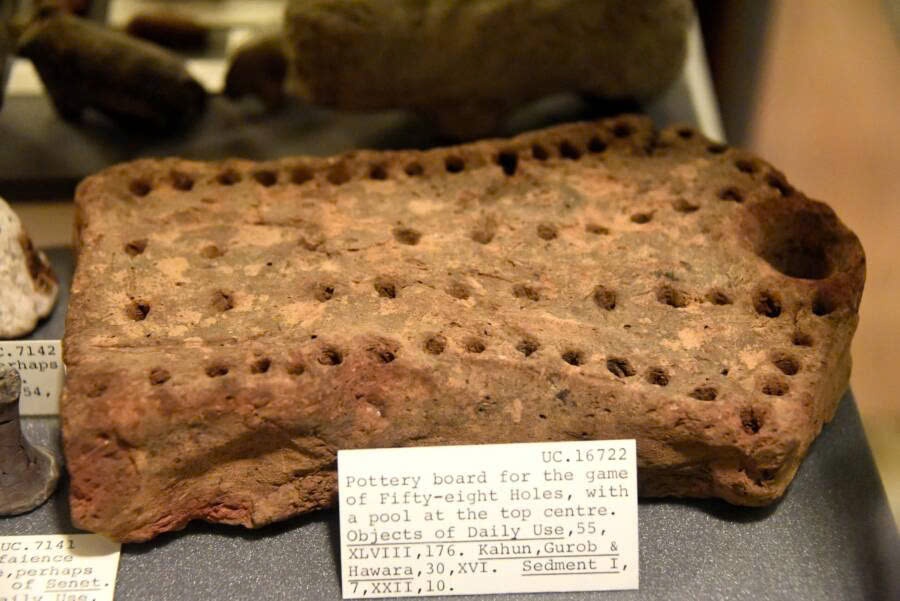
As archaeologists continue to unearth new evidence, our understanding of ancient cultural connections grows richer. The Game of 58 Holes serves as a tangible link to our ancestors, reminding us that the desire for entertainment and social interaction is a timeless human trait.
